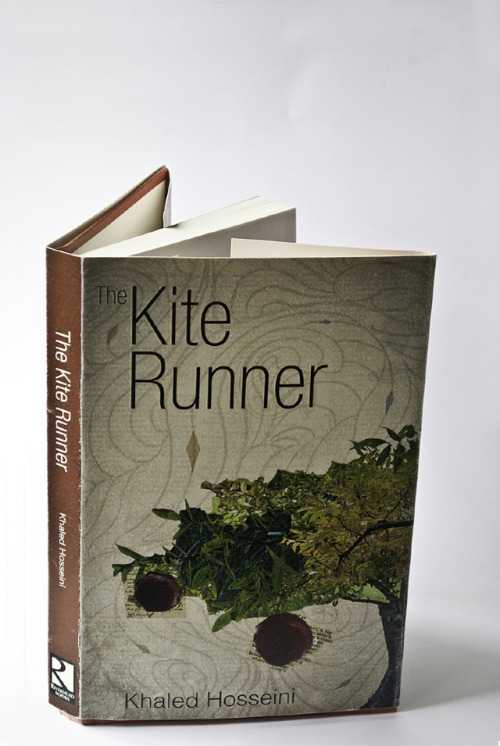#khaled hosseini
Whatever our souls are made of, his and mine are the same.
So the dead live on as ideas. Does that make your mind a graveyard or one of heaven’s hallways?
I’ve always liked quiet people: you never know if they are dancing in a daydream or if they’re carrying the weight of the world.
-John Green, Looking For Alaska.
I guess we all have a little bit of ‘i want to save the world’ in us, but i just want to put it out there that it’s okay if you are able to only save one person and it’s also okay if that person is you.

Movie: Reality bites.
It was one of those March days when the sun shines hot and the wind blows cold, when it is summer in the light, and winter in the shade.
― Charles Dickens, Great Expectations.
It’s a frightening thought, that in one fraction of a moment you can fall in the kind of love that takes a lifetime to get over.
-Beau Taplin.
REVIEW
Title: The Kite Runner
Author: Khaled Hosseini
Genre: Contemporary, Historical
My Rating: ★★★★★ (5 of 5 stars)
___
Certain books can prove that back-cover blurb staples like “haunting”, “riveting”, and “powerful” are churned out especially for them. On the first read, you know they are a gem; on the second read, you’ll realize there are smaller precious treasures in them that you haven’t seen the first time you encountered before. It doesn’t matter how many times you have heard or read their tales; when you reach their last pages and you decide to dip into their worlds again, the experience would just amplify the reasons why bits of starred reviews are strewn on their covers.
Khaled Hosseini’s debut novel, The Kite Runner, is one of these books.
It is my second time reading this book, and I must say rediscovering its beauty is a satisfying reading experience. Walled by themes of love, friendship, family, and loyalty, The Kite Runner at its core is a long journey for hard-won self-redemption that our young Afghan narrator, Amir, embarked on. For the most part it is a raw bildungsroman starting in 1975; it zeroed in on Amir, his betrayal of his best friend Hassan, and how a single event followed and haunted him to adulthood.
With the tumultuous politics during the last days of monarchy and the subsequent invasion of Russian forces in their country as its backdrop, The Kite Runner stands out as a clear picture of Afghanistan at that time. Hosseini unfurls the story with an obvious fondness for his craft. There is warmth as he describes the then-peaceful Kabul, and there is poignancy in how the annual kite-fighting event somehow symbolizes the fragility of the unconventional friendship between the two main characters (it’s important to note that Amir is a well-to-do Pashtun while Hassan is the son of Amir’s father’s servant).
Every page shows vivid brushstrokes of Afghan culture—colors that continue even when war broke out and marred the picture. With simple prose as his only tool, Hosseini doesn’t hold back in stringing [flinch-inducing] descriptions of violence the same way he doesn’t hold back when talking about agonies, of emotions that make a punching bag out of a young heart until its owner changes into a different person. That is one of the things I like the best about this book: Amir is as human as a human boy can get. He loves Hassan but he is weak and insecure; he falls prey to jealousy and fear for more times than he could count, and he would rather choose the safest way out…even if it means having to break a relationship he can never repair again.
Good plot twists abound, and there are no real dry moments in the book that would make a reader put this down. Moments that broke my heart the first time I read the book didn’t lose their hold on on me. It is thatpowerful.
As a whole, The Kite Runner is an account about seeking personal salvation and a historical piece that is relevant to our society even today. I’d read this book—in some of the words of one of the characters—“a thousand times over”.
Giving this novel a very well-deserved five out of five stars.
Post link
When Khaled Hosseini wrote “a man’s heart is a wretched, wretched thing. It isn’t like a mother’s womb. It won’t bleed. It won’t stretch to make room for you.” I had to stop, put the book down and breathe because never had a sentence knocked the breath out of me like that did.
I’m reading The Kite Runner and I am not okay


